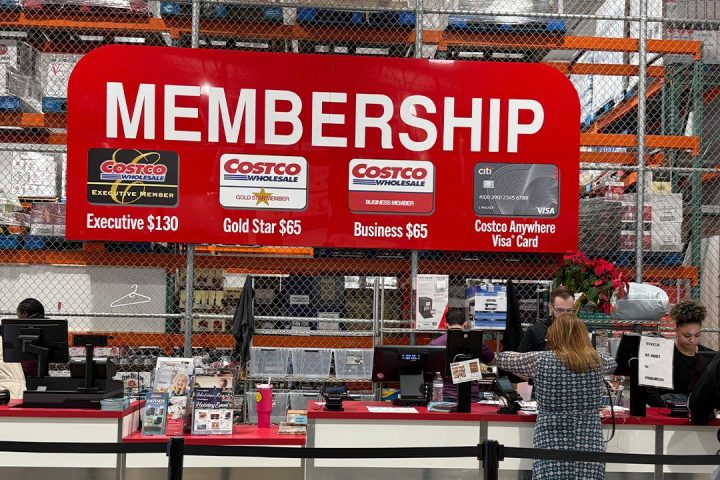“‘When people who have the ability to come downtown to an office don’t, when they stay home, sitting on their couch, with their nasty cat blanket, diddling on their laptop, if they do that for a few months, you become a loser.’”
That’s Minneapolis Mayor Jacob Frey on Wednesday, taking a pot shot at remote work during an annual event for a local business group, the mpls downtown council.
Frey’s punchline landed laughs in the audience.
Though Frey said the link between remote work and capital ‘L’ loser status came from a study, a spokesperson for the mayor told local media station FOX 9 that it was just a joke and there was no study.
The mayor’s office didn’t immediately respond to a MarketWatch comment request.
So who’s getting the last laugh in the return-to-office debate?
Consider the rise of hybrid work, which has challenged the five-day office commute that was the norm before the pandemic (and many decades before that.)
Three in 10 full-time workers now have hybrid schedules and another 12% are fully remote, according to the February 2024 update on work arrangements from professors at Stanford University, the University of Chicago and ITAM.
Nearly six in 10 workers are fully on-site, the update showed. But the pandemic sped up the adoption of at-home work at warp speed, the report noted.
People able to do their work remotely say their bosses expect them to work at home roughly twice a week, and it’s held around that level for two years, the survey said.
Meanwhile, weekly office occupancy is averaging roughly half of its pre-pandemic levels across 10 major metro areas, according to data from Kastle Systems.
There are variations over cities and there are variations across the week. Tuesdays seem to be a peak for office occupancy, the building security security technology provider notes.
The trend may underscore the clout workers have in the job market right now.
But there’s also the question of who gets ahead, who gets left behind — and even who’s under a bigger threat of layoffs. For example, Wayfair’s recent plans to trim staff will reportedly focus more on remote staff.
Compared to their remote peers, in-office software engineers at a Fortune 500 business gained more mentorship, according to Federal Reserve Bank of New York research. But they lost some productivity: Less code developed amid the tips and pointers.
“Working from home may yield short-term gains in output, but this productivity may come at the cost of workers’ long-run skill development,” the researchers said.
Hybrid and fully in-office workers were more likely to get raises and promotions, according to a ResumeBuilder survey last year. Their pay bumps were also more likely to exceed 10%, the poll noted.
But fully in-office workers were more likely to say they were “very stressed,” unhappy at work and with a bad work-life balance.
Read the full article here







